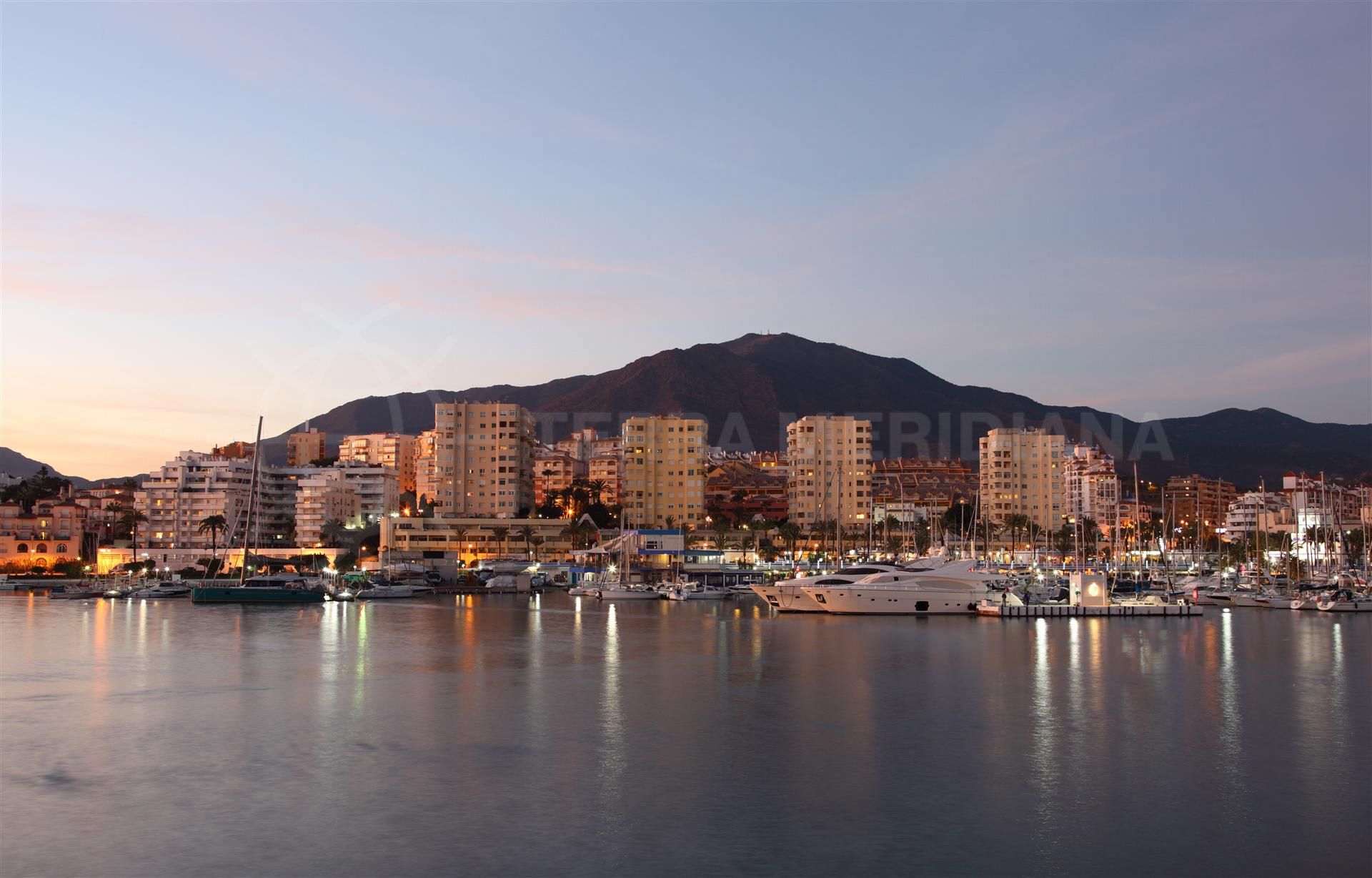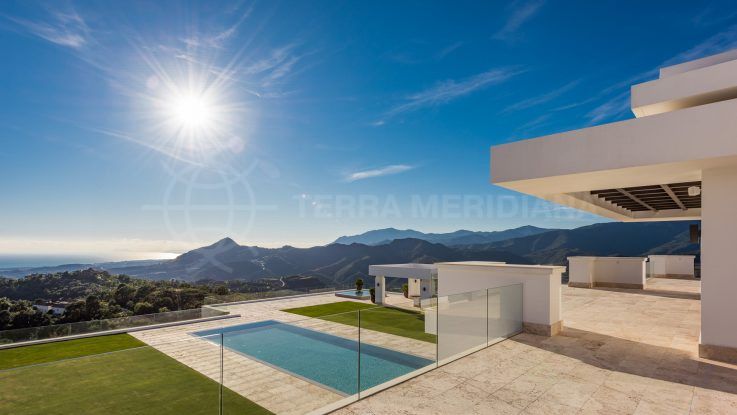Landlords’ guide to short-term rentals
If you want to rent a property you own on the Costa del Sol as tourist accommodation, or are thinking about buying a place to let on a short-term basis, this guide explains the steps you need to take
Short-term or holiday rentals are an interesting option for owners and investors in property on the Costa del Sol to generate better-than-average returns on investment, albeit with higher costs and greater obligations compared to long-term letting. This guide addresses many of the common questions posed by landlords and investors, and provides useful advice to help you decide if renting your property in the short term is for you.
-
Which laws apply to the short-term and tourism rental market in Spain?
Unlike long-term contracts, which are regulated by national law, every autonomous community (equivalent to regions and sometimes encompassing various provinces) has its own regulations for tourist accommodation.The Costa del Sol, which falls within the province of Malaga, is subject to the laws of the Andalusian regional government (Junta de Andalucía). The legislation that concerns dwellings for tourism uses (Decree 28/2016) came into force in May 2016.
-
What type of properties and rental agreements are covered by the law?
Any property that is located outside a rural area and does not form part of a group of three or more units in the same building and that are managed by the same person (both of which are regulated by separate legislation), for short-term periods (less than two months by the same tenant), and in exchange for rental income (rather than for free to family and friends) is considered to fall under the auspices of the holiday rental rules.Properties can be rented in whole or in part, as private rooms for up to 15 different tenants, in the case of an entire property, or to up to six tenants, if the landlord lives in the property as his or her permanent residence.
In addition, if a property is advertised to tourists via travel agents, tour operators or estate agents like ourselves, via channels that allow specific dates to be reserved, it is automatically covered by the regulations.
-
Are there any legal impediments to properties being used for tourism rentals?
If the property in question is part of a building or complex that is constituted as a community (comunidad de propietarios, in Spanish), if at least 60% of the other owners, who must represent a minimum of 60% of the shares in the community, decide to limit or condition the use of a dwelling for short-term rentals, this is possible under article 17.12 of the Horizontal Property Law (introduced by Real Decreto 7/2019). As a result, if this could apply to your property, it is best to consult with the president of the community or the administrator before renting to tourists. -
What are the legal requirements for short-term and holiday rentals?
Before marketing a property, either on the Internet directly or through an agent or intermediary, owners are obliged to submit a declaration of responsibility to the regional government, certifying that they and the property comply with the law. This can be done on the Junta de Andalucía’s website (in Spanish) or with the help of a lawyer, gestor or estate agent, like us at Terra Meridiana. Once submitted, the regional government will register the property with a unique number (known as a VFT number), which has to be used for all online advertising purposes. If a property is rented to tourists without a declaration and registration number, owners may be liable for fines of up to 150,000€.You also need to ensure the property has a license of occupation, which you will need to get from your local town hall if you don’t already have one.
-
Once a property is registered, how do I go about renting it?
A separate rental contract is required for every short-term tenancy, even for stays of just one or two nights. Standard-form contracts can be found online or you can use a lawyer, gestor or estate agent, such as Terra Meridiana, to help draw one up. The terms must be made public in advance, although you may choose to make some conditions negotiable (such as deposits and financial guarantees), but tourists tend to accept a landlord’s conditions as long as they are not too onerous. If the contract does not specify such aspects as check-in and departure times, the standard provisions of the legislation will apply. -
What kind of services do I need to provide?
To rent a property on the Costa del Sol to tourists under a short-term contract, owners are required to comply with an exhaustive list of amenities. These include: exterior ventilation (meaning a window) and blinds in any room used as a bedroom or living room; ; furnishings in line with legal standards; cleaning services, both before and during the tenancy depending on its length and the terms agreed; and a package of information for tenants that includes instructions and rules regarding the use of the property, tourist information for the local area, and official complaint forms, as well as a first-aid kit. -
How much rent can I charge?
Short-term rental prices, especially in the summer months, are significantly higher than for long-term contracts. You should remember to factor in utilities, particularly to cover the use of air-conditioning, and also the costs of cleaning both during and between stays. To determine the appropriate amount to charge per night or per week, you can compare prices with similar properties on the Internet or ask us at Terra Meridiana for help. We have years of expertise in the Costa del Sol real-estate market and can work out the right price to rent your property. -
How much should I ask for as a deposit?
It’s up to you to decide what you think tenants will reasonably accept. Spanish law stipulates that dwellings used for purposes other than as a permanent residence should be subject to a minimum deposit rquivalent to two months’ rent, but this is far from standard practice for tourist accommodation rentals. -
Is there anything else I need to know?
If you own a property that you want to rent short-term, or are thinking about investing in one for rent to tourists, you can choose to do the legwork yourself: advertising on various websites, responding to enquiries, signing contracts, letting tenants in, letting them out, arranging cleaning and maintenance, should anything break… – or you can let a professional look after it for you. Unless you plan on managing property as a part-time job, it can make sense to use an agent, like Terra Meridiana, to help you rent your property safely and profitably.




